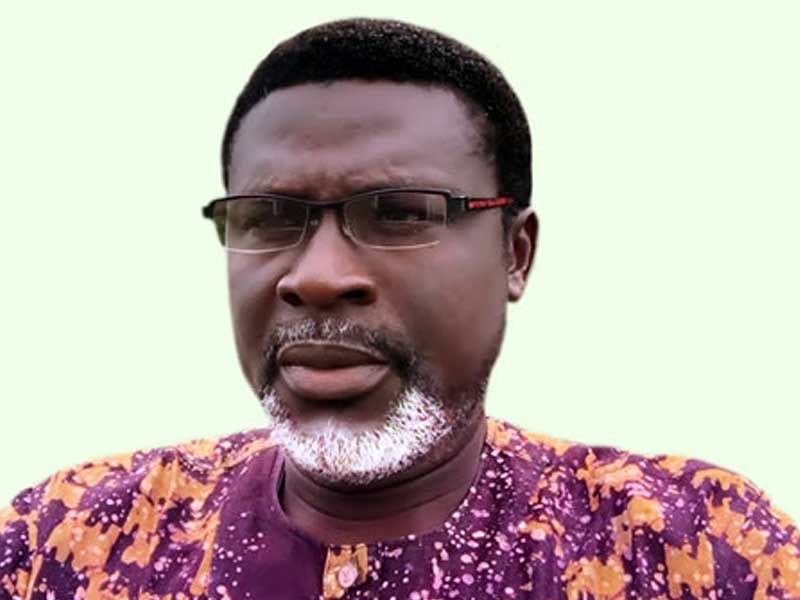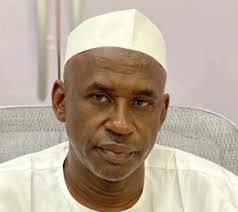A chieftain of the Peoples Democratic Party (PDP) and former Delta State gubernatorial aspirant, Chief Sunny Onuesoke, has voiced his disappointment regarding the Federal Government’s establishment of the Ministry of Livestock Development.
In a statement released in Warri yesterday, Onuesoke expressed his disapproval of the creation of the new ministry, stating that it was counterproductive. He highlighted the unnecessary expansion of avenues for potential misappropriation of public funds, especially considering the inefficiencies in existing ministries that operate with lesser financial allocations.
Questioning the necessity and distinct role of the Ministry of Livestock Development in comparison to the Ministry of Agriculture, the PDP chieftain suggested that rather than introducing a new ministry, the government should have considered establishing a comprehensive Ministry of Science and Statistics. Such a ministry could engage scientists and technologists in vital research aimed at advancing the nation’s development.

Expressing his disillusionment with the decision to create the Ministry of Livestock, Onuesoke criticized the redundancy of this new ministry in light of the existing livestock-related departments within the Ministry of Agriculture. He emphasized the need for a strategic focus on research and statistical analysis through a dedicated ministry, rather than further dividing resources and attention.
Disappointed by the current direction of governance, Onuesoke called on the government to prioritize the implementation of existing policies outlined in the Oronsaye Report for livestock development, urging a more efficient and effective utilization of resources for the nation’s progress.
In light of Chief Sunny Onuesoke’s critique of the Federal Government’s decision to establish the Ministry of Livestock Development, it is crucial to consider the implications of such a move on the agricultural sector. While his concerns about the potential misappropriation of funds and redundancy in existing ministries are valid, there may be merit in exploring the specific focus that a dedicated Livestock Ministry could bring.

One aspect to consider is the specialized attention that livestock development requires, distinct from general agricultural practices. A separate ministry could streamline efforts to improve breeding techniques, disease control, and overall livestock productivity. By concentrating resources and expertise in this area, the government could address specific challenges faced by livestock farmers and enhance the sector’s contribution to food security and economic growth.
Additionally, the creation of a Ministry of Livestock Development could foster innovation and research tailored to the unique needs of the livestock industry. Collaboration with scientific institutions and technology experts could lead to advancements in animal health, nutrition, and sustainable farming practices. This specialized focus may ultimately drive efficiency and competitiveness in the livestock sector, benefiting both producers and consumers.
While Chief Onuesoke’s call for a comprehensive Ministry of Science and Statistics is noteworthy, it is essential to acknowledge the value that a targeted Livestock Ministry could bring to the agricultural landscape. By striking a balance between consolidation and specialization, the government can optimize its resources for holistic agricultural development, ensuring a sustainable and thriving livestock industry in Nigeria.




































